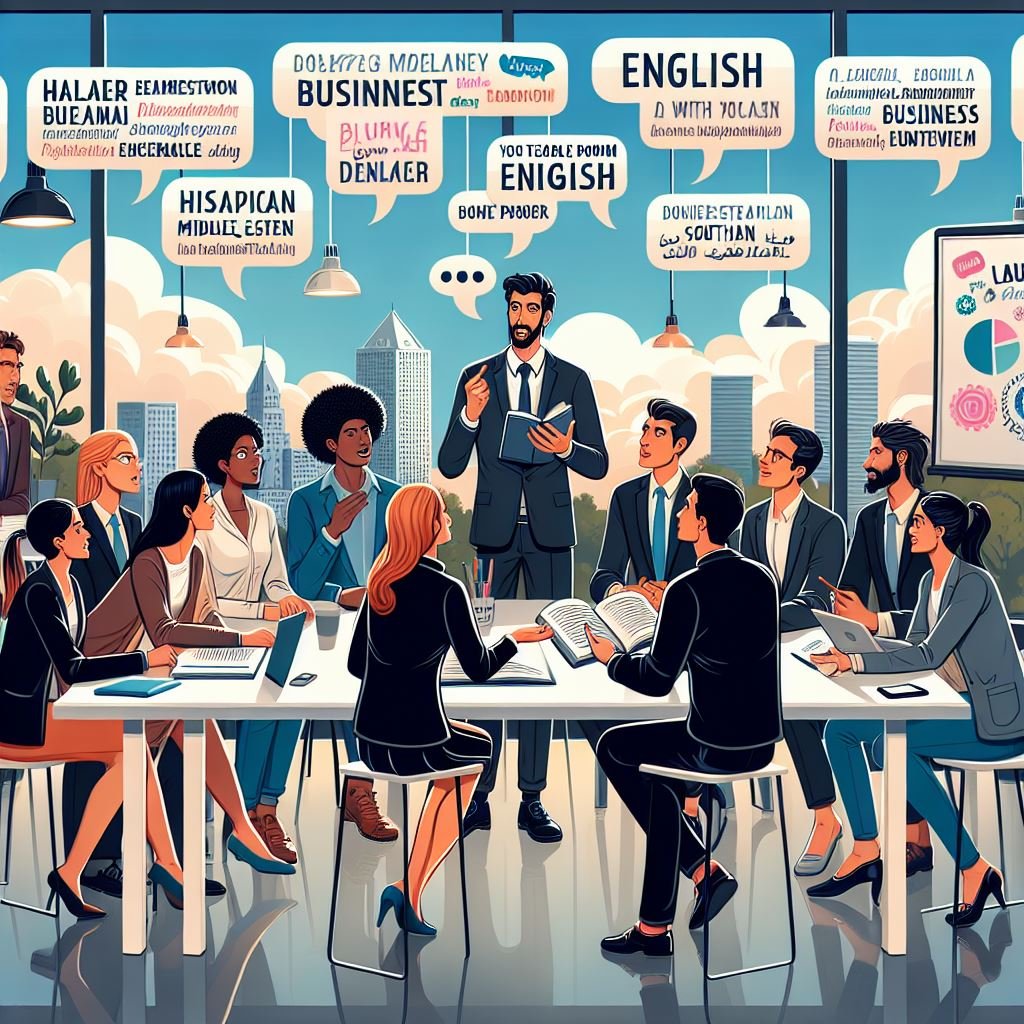💻 Computers and Information Technology
In today’s digital workplace, understanding IT terminology is essential. These terms will help you describe hardware, software, and online tasks effectively in a professional setting.
🖥️ Key Vocabulary
- Desktop: A computer designed to be used at a desk.
- Laptop: A portable computer.
- CPU (Central Processing Unit): The brain of the computer.
- Memory: Used for storing data temporarily while programs are running.
- Hard Drive: The main storage device for files.
- Software: Programs used by a computer.
- Word Processing, Spreadsheet, DTP: Types of software.
- Monitor: The screen of the computer.
- Keyboard: Used to type and control input.
- Mouse: Hand-held pointing device.
- Printer: Used to produce paper copies.
- Scanner: Used to convert documents into digital form.
- USB Port: Interface to connect external devices.
- Flash Drive: Portable storage device.
- CD Drive: Used to read/write CDs.
✍️ Exercise – Fill in the Blanks with Correct Terms
Replace the bold words with more technical alternatives from the vocabulary list above:
- This is my new computer that sits on top of a table (I’ve also got a small portable computer).
- There are six main parts to it.
- The first is the main control part which manages its operation.
- It includes temporary information storage and a round storage thing.
- Mine has a high storage capacity so it’s fast.
- It came with programs for text creation, number tables, and design layouts.
- You can install others using a sliding tray or a connector port for a small plastic stick.
- Other parts are the screen, typing panel, copy-making machine, image reader, and hand pointer.
